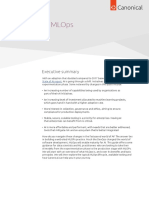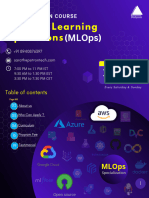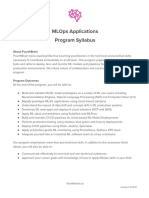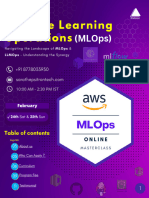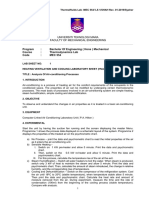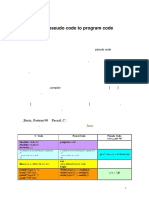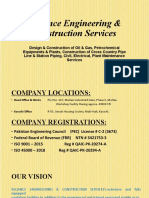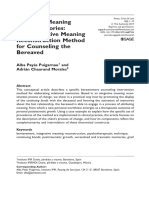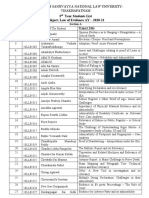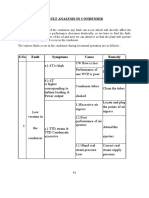MLOPS Learning Path
1. Programming Basics: Recommendation to learn Python. No need for certification. Going
through YouTube videos.
https://www.youtube.com/results?
search_query=python+for+data+engineers+and+data+science
2. ETL and Data Warehousing:
https://www.youtube.com/watch?v=oF_2uDb7DvQ
3. Distributed systems:
Spark Concepts, PySpark
https://www.youtube.com/results?search_query=pyspark+tutorial+for+beginners
Certification for Pyspark: Databricks Spark Certification
4. Dive into Algorithms:
Understanding machine learning and deep learning algorithms is crucial. Study the
fundamentals, and don’t forget to practice by working on basic projects. This knowledge
will come in handy when you start training models in MLOps.
5. Cloud services:
� Choose one of the cloud services and get certified at a fundamental level.
AWS Cloud Practitioner
Azure Fundamentals
AWS, GCP, and Azure are leading cloud platforms for deploying ML models. Dive into
these platforms and understand their services. Learn how to deploy your applications on
cloud infrastructure.
6. Container Services:
Embrace Containerization with Docker:
Docker is a key tool in MLOps. Learn how to containerize your applications and models.
Understand the advantages of containerization, such as consistent environments and
easier deployment.
Scaling with Kubernetes:
Kubernetes is essential for scaling your applications. Explore Kubernetes to manage
containerized applications efficiently. Learn how to deploy, scale, and orchestrate
containers.
Container Services on AWS
Kubernetes
7. Master Version Control:
Version control is the cornerstone of MLOps. Start by learning Git and GitHub, which are
essential for tracking code changes and collaborating on projects. You’ll need this
knowledge throughout your MLOps journey.
Github (famous in industry)
Gitlab
SVN
DVC
8. Explore CI/CD Pipelines:
Continuous Integration and Continuous Deployment (CI/CD) pipelines are at the heart of
MLOps. Begin by grasping the concepts behind CI/CD. Familiarize yourself with tools
like GitHub Actions, Jenkins, and GitLab. Experiment with automation and deployment
techniques in these environments.
Github
Jenkins
CircleCI
Grafana
Prometheus
�9. Advanced DevOps Tools:
Expand your knowledge with advanced DevOps tools like Kubeflow, Airflow, and
Ansible. These tools enable more complex automation and orchestration tasks, making
your MLOps processes even more efficient.
Kubeflow
Airflow
10. Infrastructure as code(IAC):
Terraform is an industry-leading tool for IAC.
Terraform on AWS
11. Some videos around MLOPS:
MLOPS
MLOps on Databricks
12. Certifications toward ML:
Databricks Fundamentals free training
Databricks ML Associate Certification
Dataiku MLOps Practitioner









